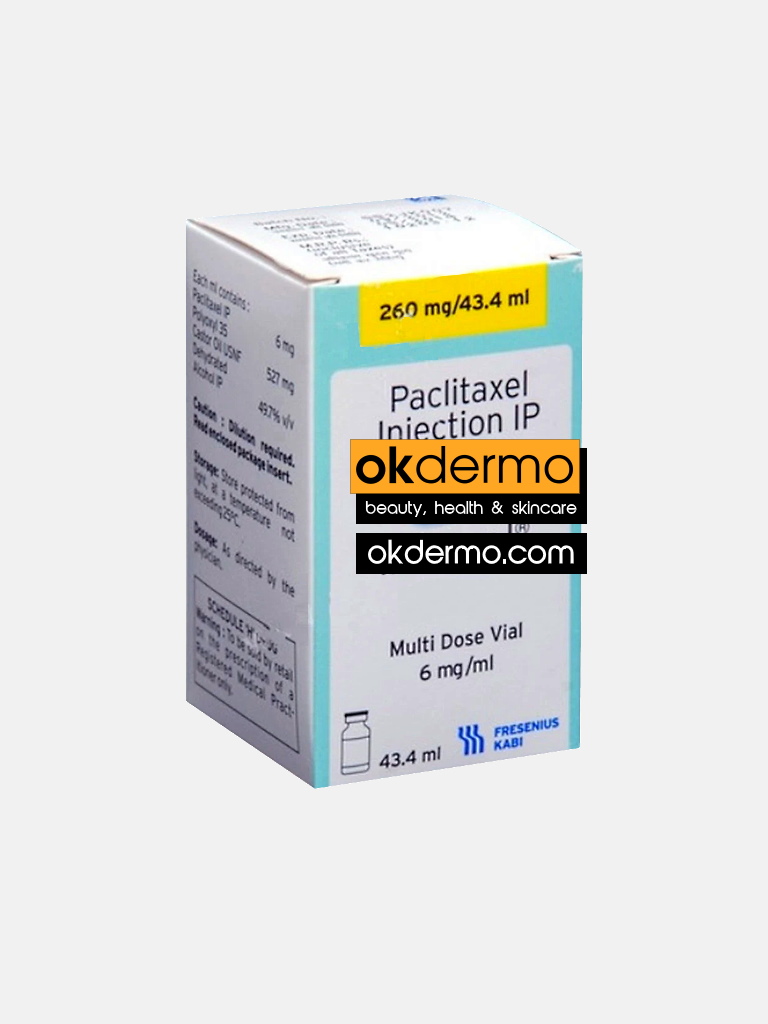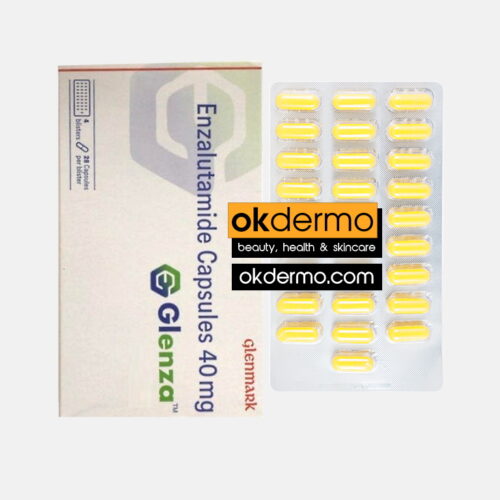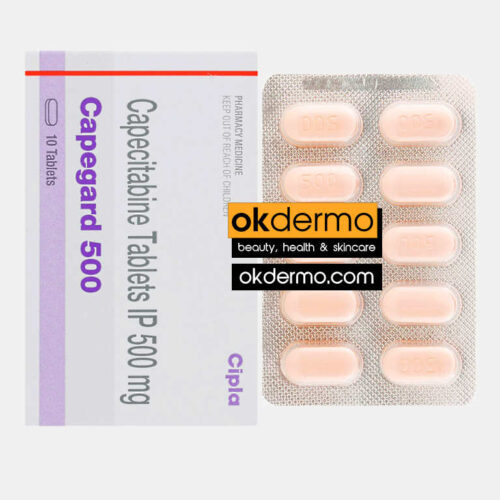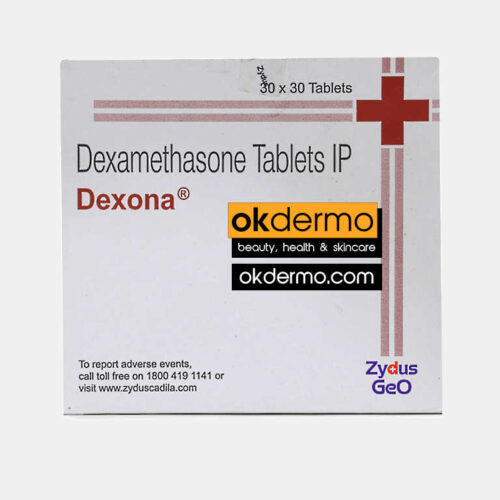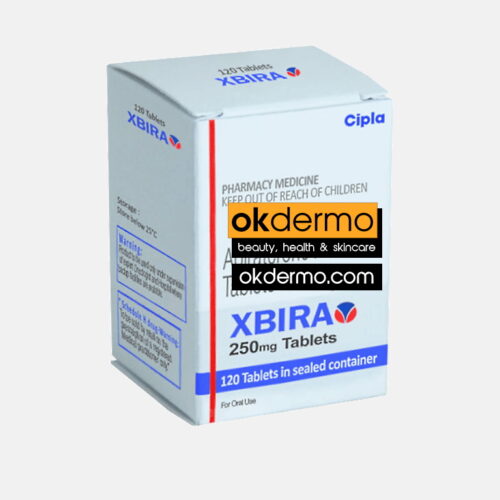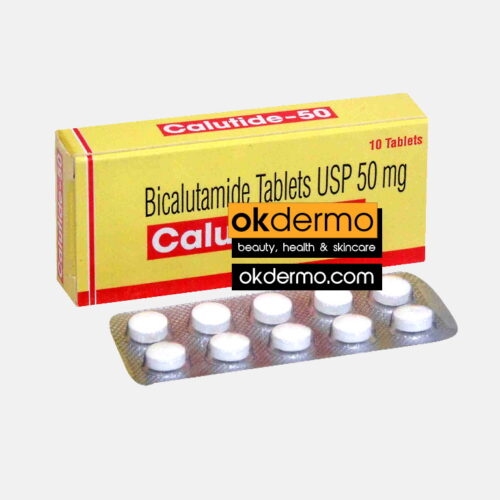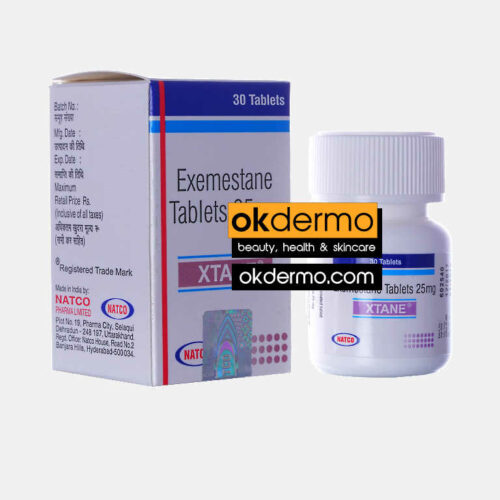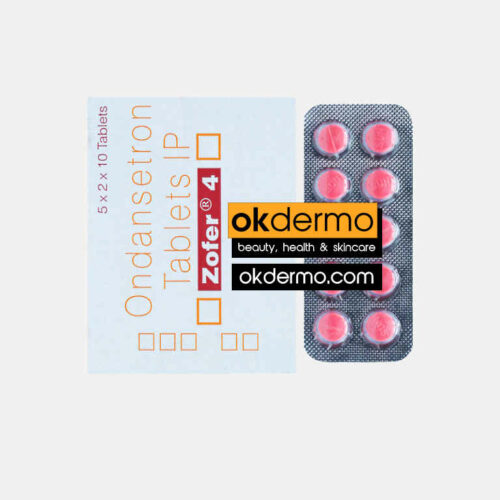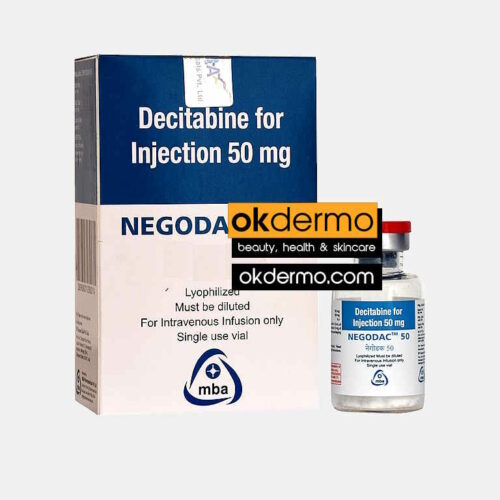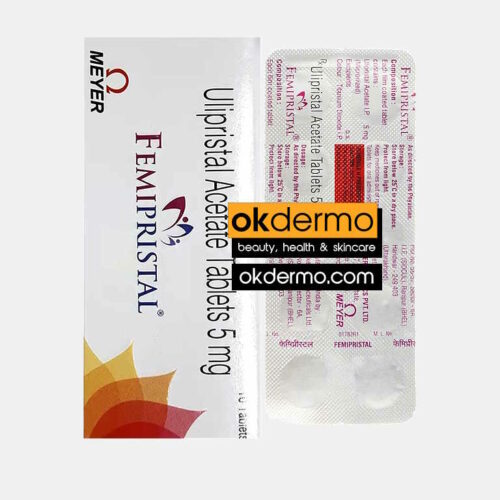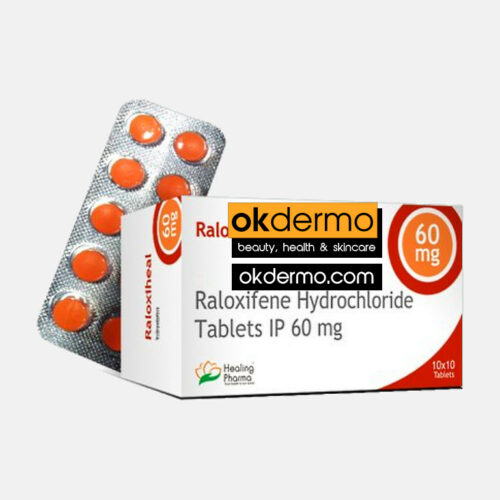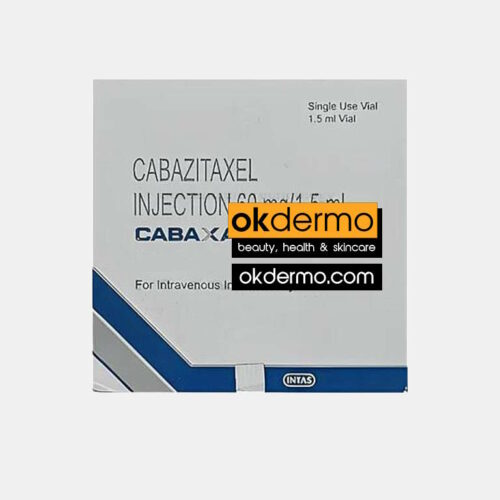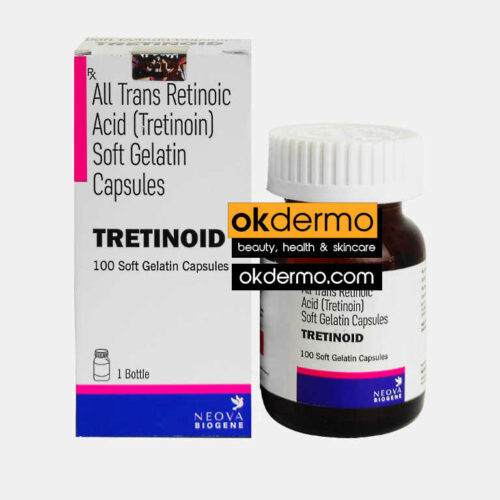Description
What is Paclitaxel?
Paclitaxel injection is used to treat advanced cancer of the ovaries, breast, non-small cell lung cancer, and Kaposi sarcoma. Kaposi sarcoma is a cancer of the skin and mucous membranes that are commonly found in patients with acquired immunodeficiency syndrome (AIDS). Paclitaxel belongs to the group of medicines called antineoplastics. It interferes with the growth of cancer cells, which are eventually destroyed.
Since the growth of normal body cells may also be affected, other unwanted effects will also occur. Some of these may be serious and must be reported to your doctor. Other effects may not be serious but may cause concern. Some effects may not occur until months or years after the medicine is used.
Before you begin treatment with paclitaxel, you and your doctor should talk about the good this medicine will do as well as the risks of using it. This medicine is to be administered only by or under the immediate supervision of your doctor.
Paclitaxel is a medicine used to treat advanced pancreatic cancer when used in combination with gemcitabine, as the first medicine you receive for advanced pancreatic cancer. Paclitaxel is chemotherapy. Chemotherapy is a type of medicine that is used to keep cancer cells from growing or to kill cancer cells. Treatment with Paclitaxel and gemcitabine may help control or slow the spread of cancer cells. Your doctor may recommend treatment with Paclitaxel + gemcitabine based on the stage of your cancer and your overall health. Only your doctor can help you decide if Paclitaxel + gemcitabine is right for you.
Paclitaxel is a medicine used to treat advanced non–small cell lung cancer (NSCLC), in combination with carboplatin, in people who cannot be treated with surgery or radiation. Paclitaxel is chemotherapy. Chemotherapy is a type of medicine that is used to keep cancer cells from growing or to kill cancer cells. Treatment with Paclitaxel plus carboplatin may help control or slow the spread of cancer cells. Your doctor may recommend treatment with Paclitaxel + carboplatin based on your stage of cancer, your response to prior therapy, and your overall health. Only your doctor can help you decide if Paclitaxel + carboplatin is right for you.
Paclitaxel is a medicine used to treat advanced breast cancer in people who have already received certain other medicines for their cancer. Paclitaxel is chemotherapy. Chemotherapy is a type of medicine that is used to keep cancer cells from growing or to kill cancer cells. Treatment with Paclitaxel may help control or slow the spread of cancer cells. Your doctor may recommend treatment with Paclitaxel based on the stage of your cancer, your response to prior therapy, and your overall health. Only your doctor can help you decide if Paclitaxel is right for you.
How does Paclitaxel work?
Paclitaxel may help stop cancer cells from dividing and making new cells. Paclitaxel works by blocking the action of proteins called microtubules. These proteins help cells divide. Systemic treatments like Paclitaxel are used to treat metastatic cancer. This is cancer that has spread from one part of the body to another. It is also known as advanced or stage 4 cancer. Systemic treatments travel through the bloodstream. This makes it possible to reach cells in many parts of the body, including cancer cells. Paclitaxel may also affect normal cells. This may cause side effects.
Who should not receive Paclitaxel?
- your white blood cell count is below 1500 cells/mm3
- you have had a severe allergic reaction to Paclitaxel
Serious side effects
Paclitaxel may cause serious side effects, including:
- Severely decreased blood cell counts. Paclitaxel can cause a severe decrease in neutrophils, a type of white blood cell which helps fight infections, and blood cells called platelets which help to clot blood. Your healthcare provider will check your blood cell count during your treatment with Paclitaxel
- Severe nerve problems (neuropathy). Tell your healthcare provider if you have numbness, tingling, pain, or weakness in your hands or feet
- Severe infection (sepsis). If you receive Paclitaxel in combination with gemcitabine, infections can be severe and lead to death. Tell your healthcare provider right away if you have a fever (temperature greater than 100.4° F) or develop signs of infection
- Lung or breathing problems. If you receive Paclitaxel in combination with gemcitabine, lung, or breathing problems may be severe and can lead to death. Tell your healthcare provider right away if you suddenly get a dry cough that will not go away or shortness of breath
- Severe allergic reactions. Severe allergic reactions are medical emergencies that can happen in people who receive Paclitaxel and can lead to death. You may have an increased risk of having an allergic reaction to Paclitaxel if you are allergic to other taxane medicines. Your healthcare provider will monitor you closely for allergic reactions during your infusion of Paclitaxel. Tell your healthcare provider right away if you get any of these signs of a serious allergic reaction: trouble breathing, sudden swelling of your face, lips, tongue, throat, or trouble swallowing, hives (raised bumps), rash, or redness all over your body
- Treatment with Paclitaxel can make liver problems worse. If you have liver problems, your starting dose of Paclitaxel should be lowered or withheld
- Do not breastfeed during your treatment and for two weeks after the last dose of Paclitaxel
- If you are pregnant or become pregnant, Paclitaxel can harm your unborn baby. Your healthcare provider will check to see if you are pregnant before you start treatment with Paclitaxel. Women should not become pregnant and should use effective birth control (contraception) during treatment and for at least six months after the last dose of Paclitaxel. Talk to your doctor about birth control methods you can use during this time
- Paclitaxel can harm the unborn baby of your partner
- If you are a man, you should not father a child and should use effective birth control (contraception) during treatment and for at least three months after the last dose of Paclitaxel
- Paclitaxel may cause fertility problems in males and females, which may affect your ability to have a child. Talk to your healthcare provider if this is a concern for you

